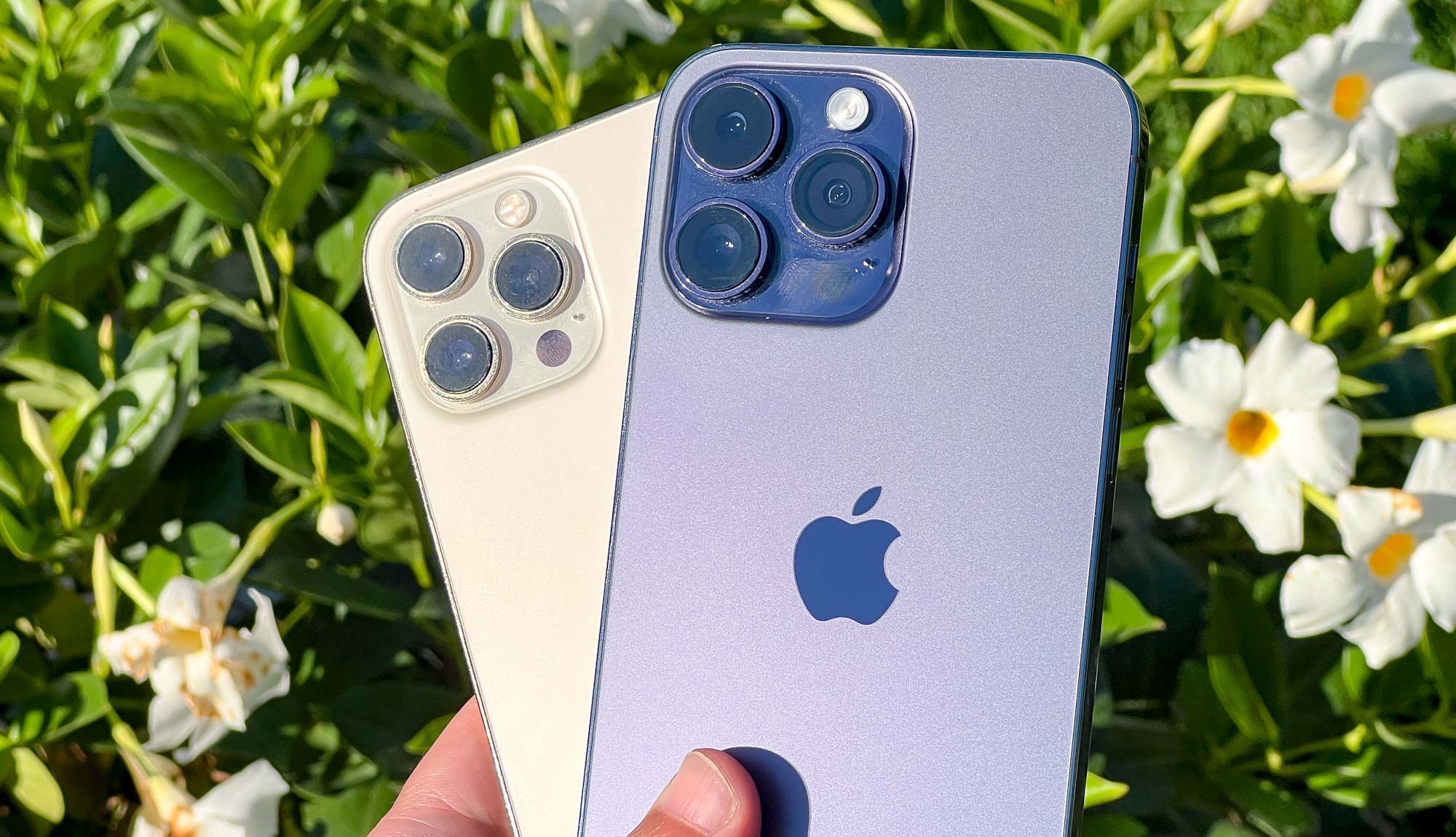Forget iPhone 15: Killer iPhone 16 upgrade just got tipped
Qualcomm's CEO suggests Apple will have its own modem by 2024

Apple likes to keep its cards close to its chest, and that means it’s been slowly bringing the design of various components in-house — rather than relying on third parties. There have been rumors first-party development might expand to wireless modems, and that switch may finally happen with the launch of the iPhone 16.
This comes from Qualcomm CEO Cristiano Amon, while speaking to CNBC at MWC 2023. Qualcomm currently provides modems (and other chips) for a huge number of smartphones, including Apple’s iPhone 14 range. Amon claims that the company is currently planning for 2024, and his assumption is that Apple won’t be using Qualcomm modems that year.
Emphasis on the word assumption there. Amon admits that the final decision is Apple’s to make, and that suggests things could change between now and next year. But there has been increasing speculation that Apple might formally enter the wireless connectivity market for years. So it’s less a case of if it happens, and more a case of when.
Rumors about Apple-made modems stretch back several years, and back in 2019 Apple ended up acquiring Intel’s modem business for $1 billion. That’s not the kind of money you drop for no reason and means Apple is, at the very least, attempting to develop its own modems.
There have been various rumors about Apple’s mobile modem plans as well. Though the majority of them involve claims that the new modems won’t be coming to various Apple models. Last it was speculated that the iPhone 14 would miss out on the Apple 5G modem, with rumors pointing to a launch on iPhone 15. More recent reports claim that the iPhone 15 is likely to miss out as well.
Given what Amon has been saying in Barcelona, we might finally see the Apple modem arrive on the iPhone 16. Assuming plans don’t change, and that could easily happen.
Why should we care about the Apple 5G Modem?
Bringing production of iPhone parts in house means Apple has much better control over every facet of production. You have to remember that Apple is also a software company, with complete control over the development of iOS, iPadOS and the rest. Creating its own bespoke hardware components means they are built from scratch with Apple software in mind.
Get instant access to breaking news, the hottest reviews, great deals and helpful tips.
That can ensure better performance and functionality than a third-party component that’s been brought in fairly late in the process.
Apple has had a great deal of success by designing hardware components in recent years. Ditching Intel processors in favor of Apple Silicon chips is a great example of that. The first wave of M1 MacBooks offered significantly better battery life and performance as a result of having hardware built specifically for macOS.
Likewise, the A16 Bionic is arguably the most powerful mobile chipset on the market, and we have the benchmarking scores to prove it. The iPhone 14 Pro and iPhone 14 Pro Max thrashed the Samsung Galaxy S23 Ultra’s overclocked Snapdragon 8 Gen 2 for Galaxy in the CPU and video transcoding tests. While both iPhones fell slightly behind in graphics testing, it wasn’t by a huge amount.
Apple switching to its own in-house 5G modem could bring similar performance leaps to the iPhone 16. That could include lower power consumption with 5G, something the iPhone 12 really struggled with, faster data speeds, or any number of other benefits. The modem will also likely bring Wi-Fi and Bluetooth under Apple's purview as well, which will come with their own respective benefits if all goes well.
And given Apple’s penchant for holding advancements back until they’re truly ready, the odds of this move backfiring seem fairly slim. Though that’s not to say it’s guaranteed to go well; we won’t know that until the Apple modem actually launches.
So for now we have to sit back and wait to see what happens. That means waiting a good 18 months to see what Apple has in store for us. Until then we’ll just have to focus on the latest iPhone 15 rumors and speculation.

Tom is the Tom's Guide's UK Phones Editor, tackling the latest smartphone news and vocally expressing his opinions about upcoming features or changes. It's long way from his days as editor of Gizmodo UK, when pretty much everything was on the table. He’s usually found trying to squeeze another giant Lego set onto the shelf, draining very large cups of coffee, or complaining about how terrible his Smart TV is.
 Club Benefits
Club Benefits





